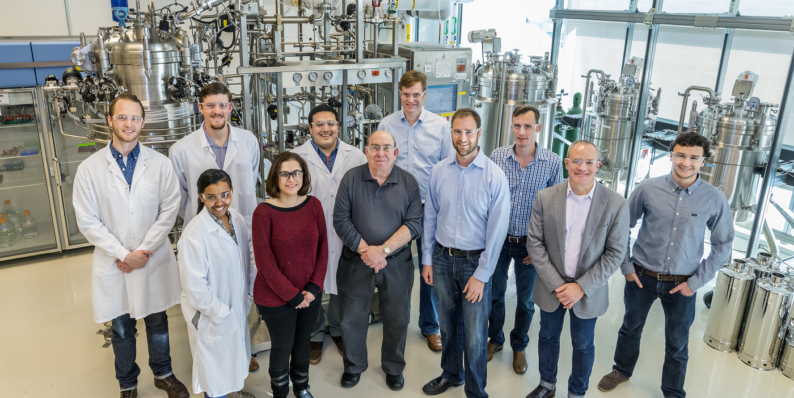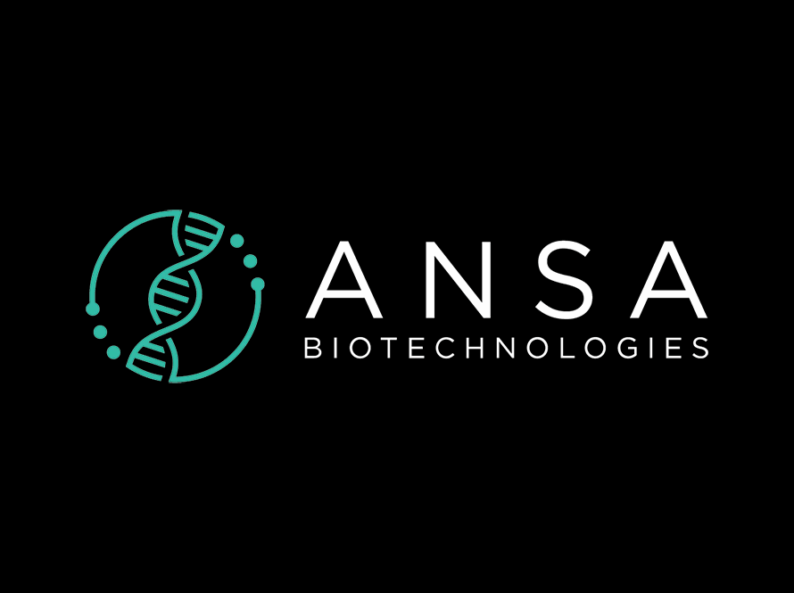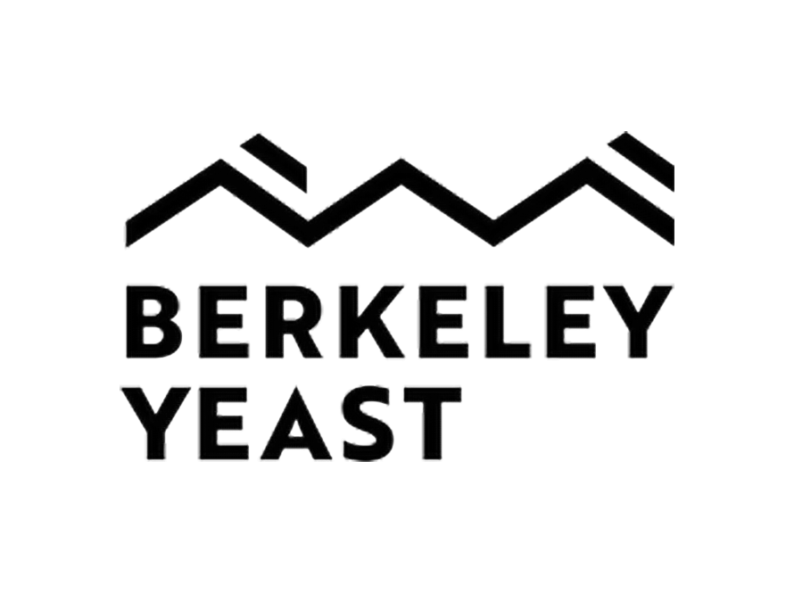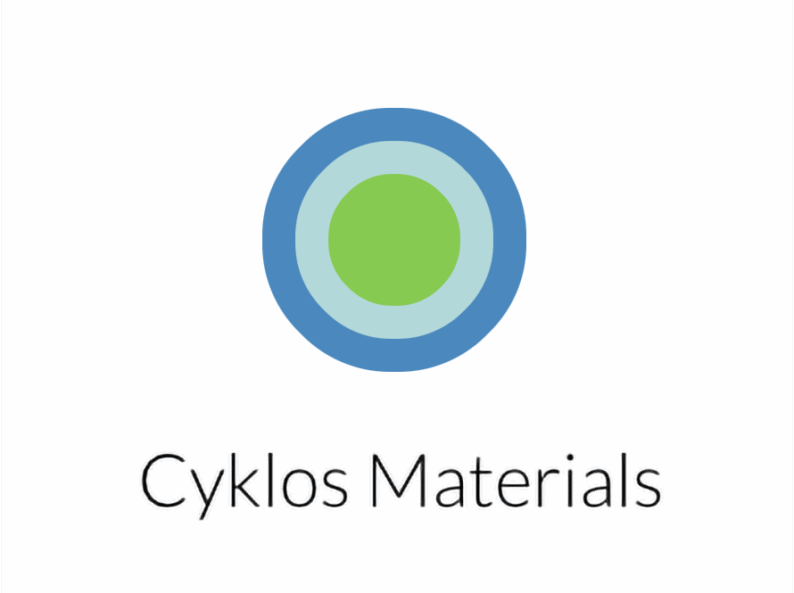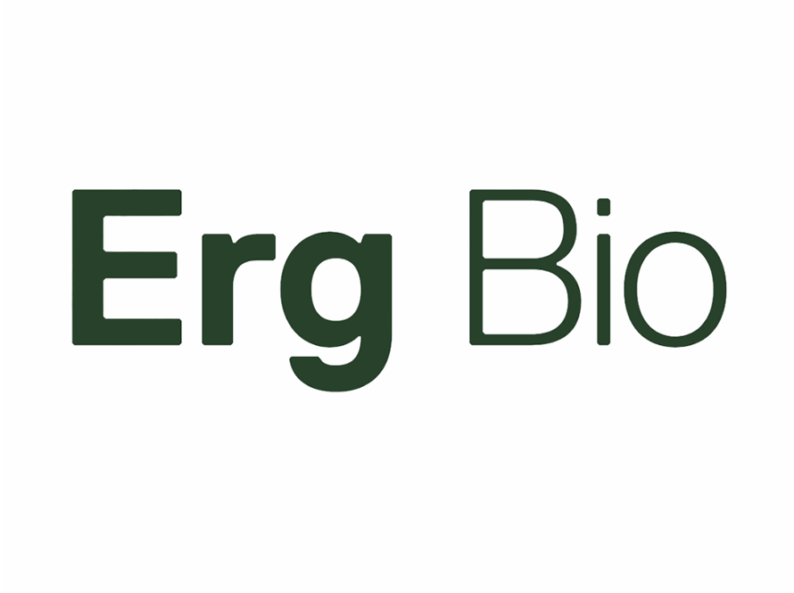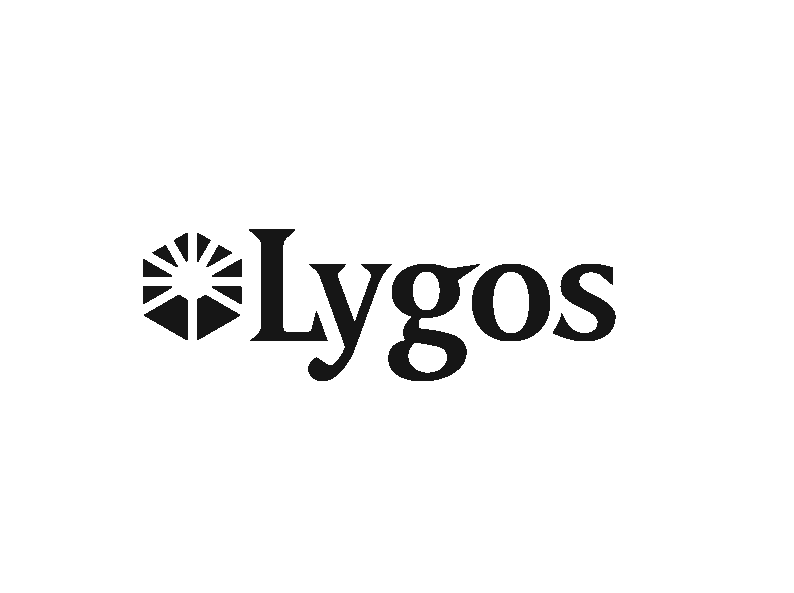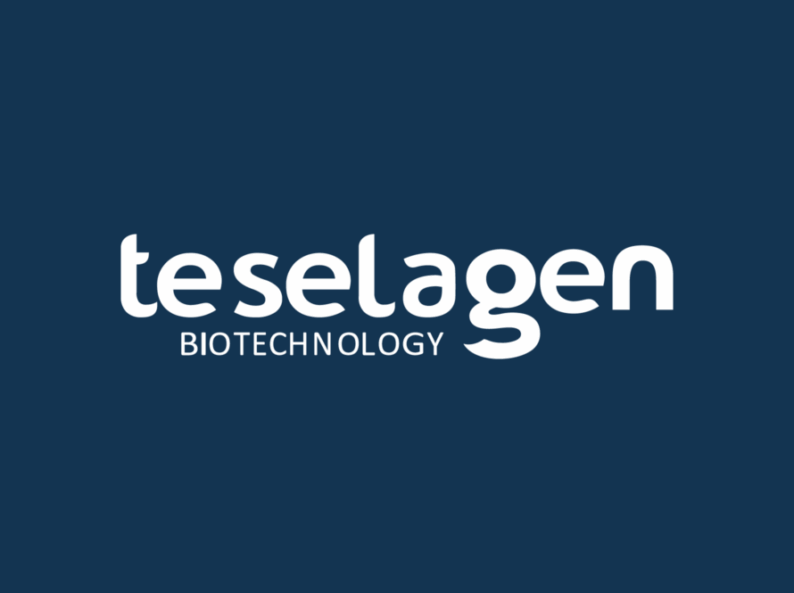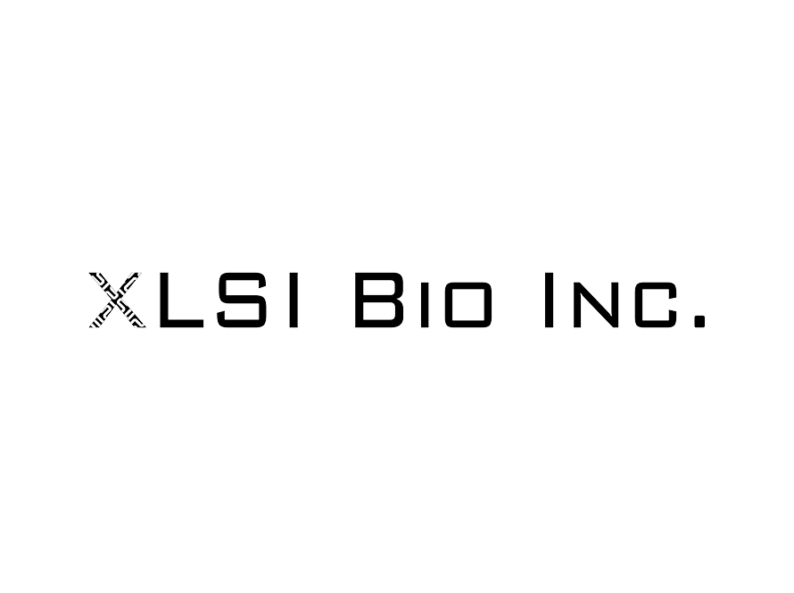Entrepreneurial spirit is embedded in JBEI’s culture. Research programs are run with entrepreneurial fervor, commercial utility of JBEI technology is the ultimate measure of success, and JBEI researchers frequently leave to join start-ups or are instrumental in forming new companies.
Eight active startup companies have spun out of JBEI’s research. These operating companies are:
Ansa Biotechnologies is developing a new technology for de novo DNA synthesis using enzymes. Their method promises to be faster, more accurate, and cleaner than existing DNA synthesis methods. Availability of high-quality synthetic DNA is often a bottleneck in metabolic engineering research, so improved methods for DNA synthesis would accelerate innovation in the field.
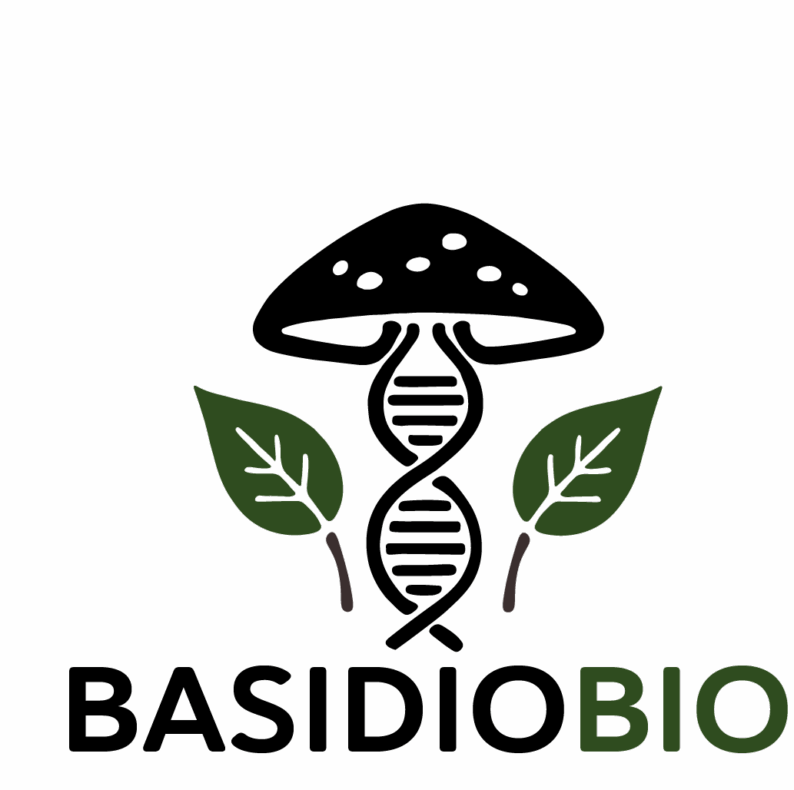
BasidioBio, Inc., is an inventor startup headquartered in Berkeley, CA. They have exclusively licensed inventions for improving plant transformation through synthetic biology.
Berkeley Yeast uses metabolic engineering to improve the oldest biotechnologies — brewing and winemaking. The company’s first technology replaced the use of hops – an expensive, variable, and non-sustainable agricultural product–by engineering brewer’s
yeast to biosynthesize hop-derived flavor compounds during the industrial brewing process. Formerly Berkeley Brewing Science.
Cyklos Materials develops sustainable, bio-based plastics that are infinitely recyclable and low in carbon footprint, combining synthetic biology and chemistry to create scalable, real-world solutions.
Erg Bio puts biology to work for the bioeconomy — turning biomass feedstocks into affordable advanced aviation fuels, biochemicals, biomaterials, and bioplastics.
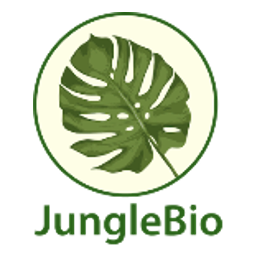
Jungle Bio Labs is a cutting-edge biotechnology startup leveraging the proprietary Jungle Express gene expression system, which was inspired by a bacterium from the Puerto Rican rainforest. This platform enables highly efficient, tightly controlled, and specific gene regulation in diverse gram-negative bacteria, offering a superior alternative to conventional systems. By utilizing low-cost chemical activators like crystal violet, Jungle Express drastically reduces manufacturing costs, positioning Jungle Bio Labs to accelerate the scalable production of biofuels, enzymes, and other high-value bio-based products.
Lygos is a specialty chemical company focused on creating practical solutions. They begin by understanding customer challenges, develop chemistry that delivers real, measurable results, and scale efficiently through trusted manufacturing partners.

Solio Bio is a biotech startup that uses synthetic biology to create clean ingredients, starting with natural, reef-safe sunscreens. The company aims to replace harmful chemicals found in traditional sunscreens with effective, naturally sourced UV filters.
TeselaGen Biotechnology, Inc. offers an AI-assisted software platform that accelerates biological R&D. The platform integrates an Electronic Lab Notebook, molecular biology toolkits, and AI-driven analytics to manage data, automate design, and orchestrate workflows across the entire Design-Build-Test-Learn (DBTL) cycle. TeselaGen helps scientists in areas like protein engineering and cell/gene therapy to drastically reduce the time and cost required to develop new, high-value bio-based products.
XLSI (XL-protein) is a synthetic biology company focused on fundamentally changing genetic engineering experimentation through Next-Gen Synthetic Biology Platforms. Their approach heavily integrates AI/ML, automation, and high-throughput screening to achieve unprecedented data throughput and analysis. XLSI aims to solve complex biological problems faster, cheaper, and more efficiently by augmenting human ingenuity with machine precision and speed.
